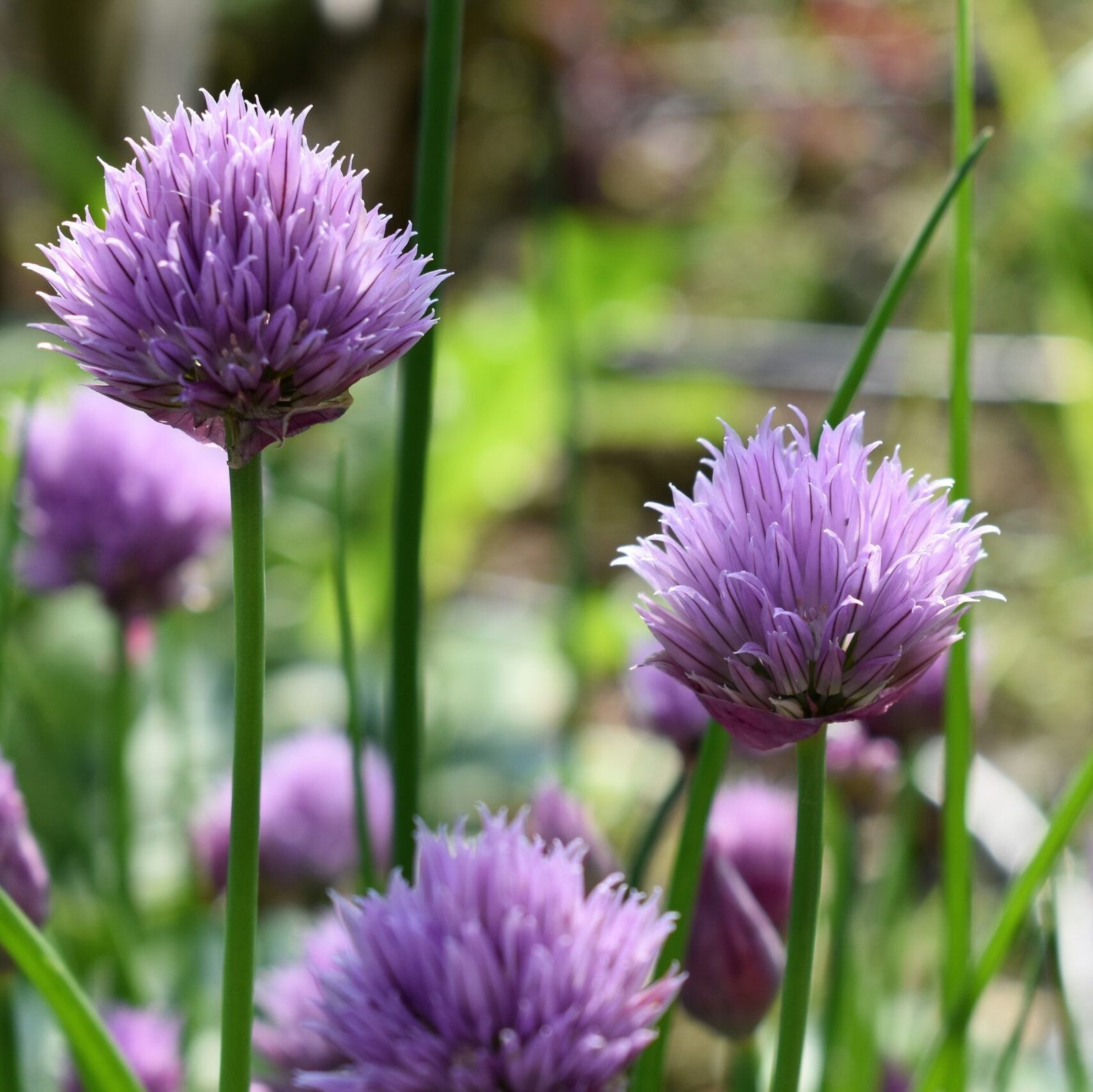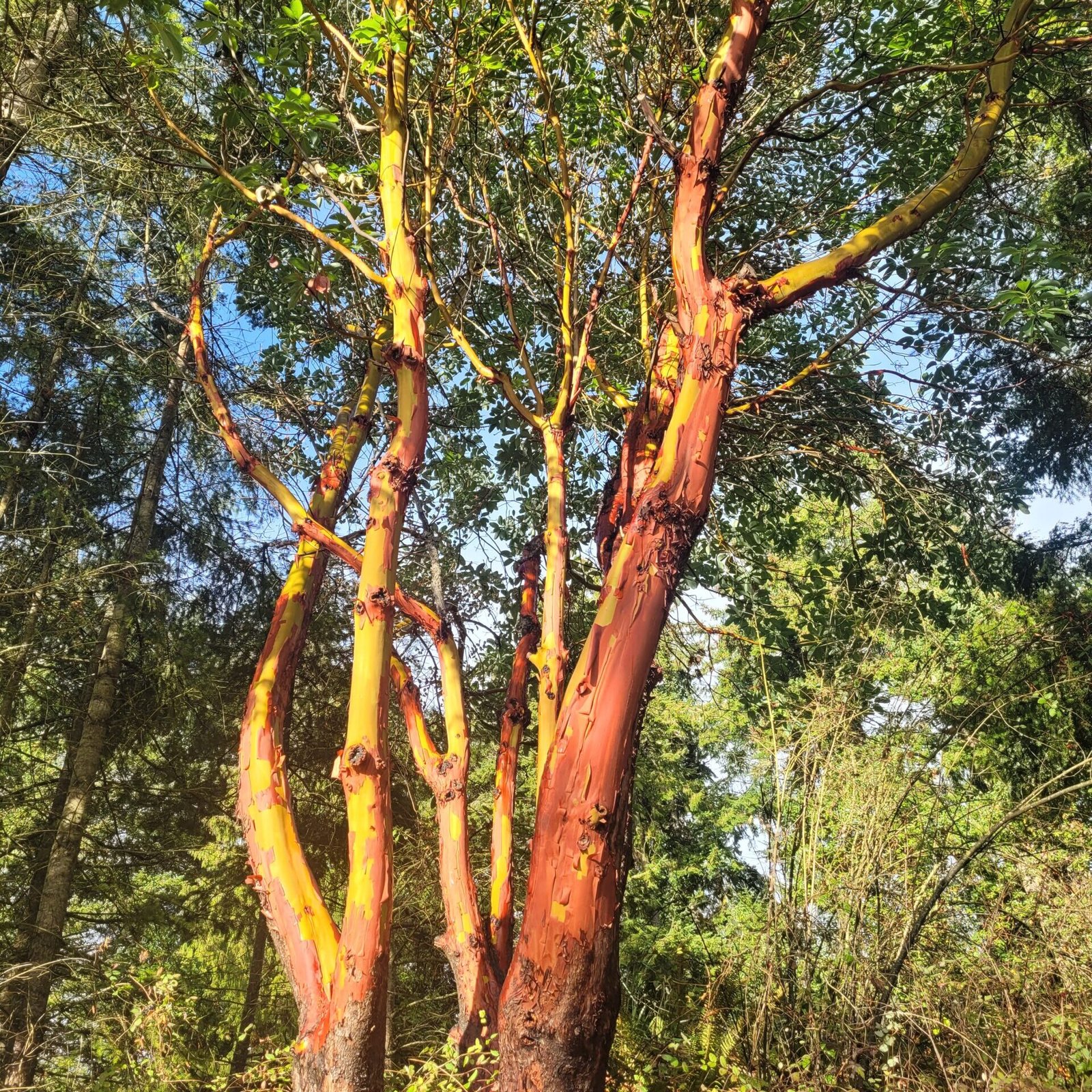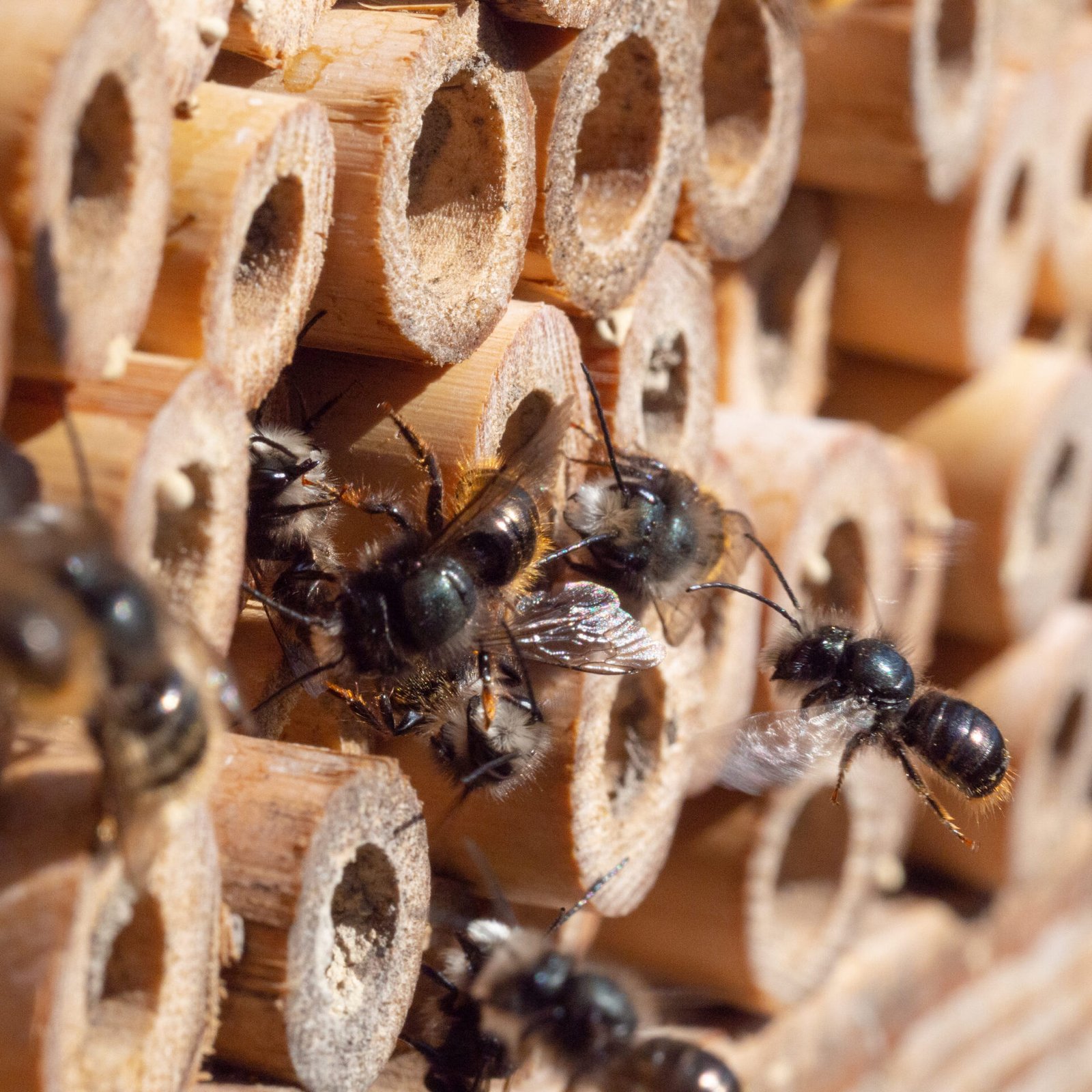Thursday
Garden Allies: An Introduction to Life in the Landscape
Instructor: Frédérique Lavoipierre
(Please click on class title to read more)
--A frequent topic of gardening questions is about the insects and other life found there – and how to maintain an ecological balance while creating beautiful landscapes.
Community Connections: How Pierce County Extension Master Gardeners Support the WA State Corrections Center for Women
Instructors: Harolyn Engelskirchen, Constance Baird
(Please click on class title to read more)
--Nature is for everyone with no exceptions. Pierce County Master Gardeners have supported the Washington Corrections Center for Women (WCCW) since 2000
Edible Perennials for PNW Gardens
Instructor: Lisa Taylor
(Please click on class title to read more)
--If you want to eat from your yard but you can’t keep up with the planting, composting, watering, and weeding, include perennial edibles in your landscape.
Native Plants for Biodiversity
Instructor: Mark Turner
(Please click on class title to read more)
--Plant diversity supports most of our wildlife, beginning with the insects that feed on them, and makes our state the beautiful and interesting place where we’ve chosen to live.
The Ice Age Flood: The Washington Soil Mosaic
Instructor: Kenneth B. Lacy
(Please click on class title to read more)
--The class will start with a discussion on the ice age floods that inundated portions of the Pacific Northwest.
Backyard Citizen Science Opportunities in the Pacific Northwest
Instructor: Dr. Joey Hulbert
(Please click on class title to read more)
--Citizen science projects provide opportunities to learn and conduct research simultaneously.
AIM for Active Learning
(Please click on class title to read more)
--Teaching for active learning intentionally involves learners in “authentic, interactive, meaningful” (AIM) processes to achieve learning goals.
Integrated Pest Management
Instructor: Rachel Bomberger
(Please click on class title to read more)
--Integrated Pest Management (IPM) is managing plant damaging pests using cultural control methods, like manual pruning or water management but also includes the use of chemical pesticides.
Learning How to Care for Solitary Mason and Leafcutter Bees
Instructor: Thyra McKelvie
(Please click on class title to read more)
--Bees are becoming an increasingly popular addition to gardens – but not just honeybees. If you’re thinking of hosting bees in your yard, releasing solitary MASON bees should be top on your list.
Botanical Latin
Instructor: Ross Bayton
(Please click on class title to read more)
--From gardener to grower, botanist to blogger, we all utilize botanical Latin when communicating about plants.










